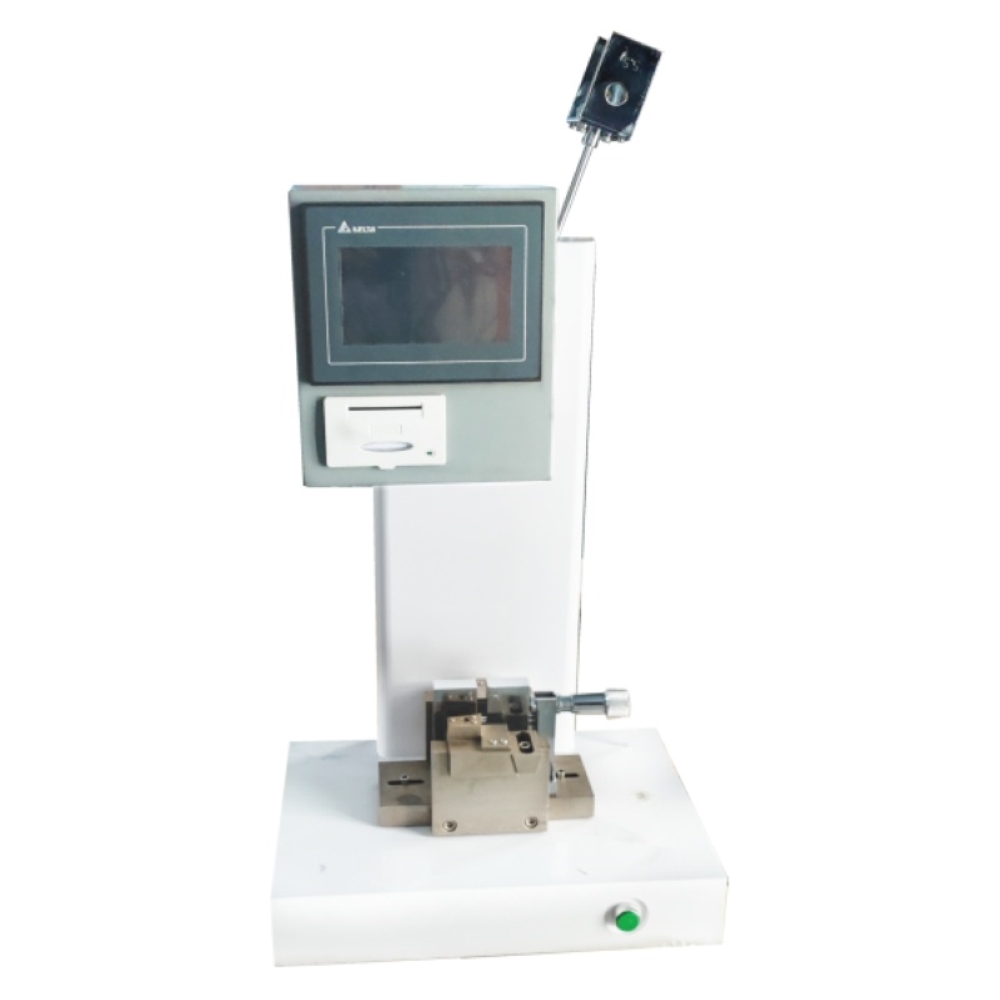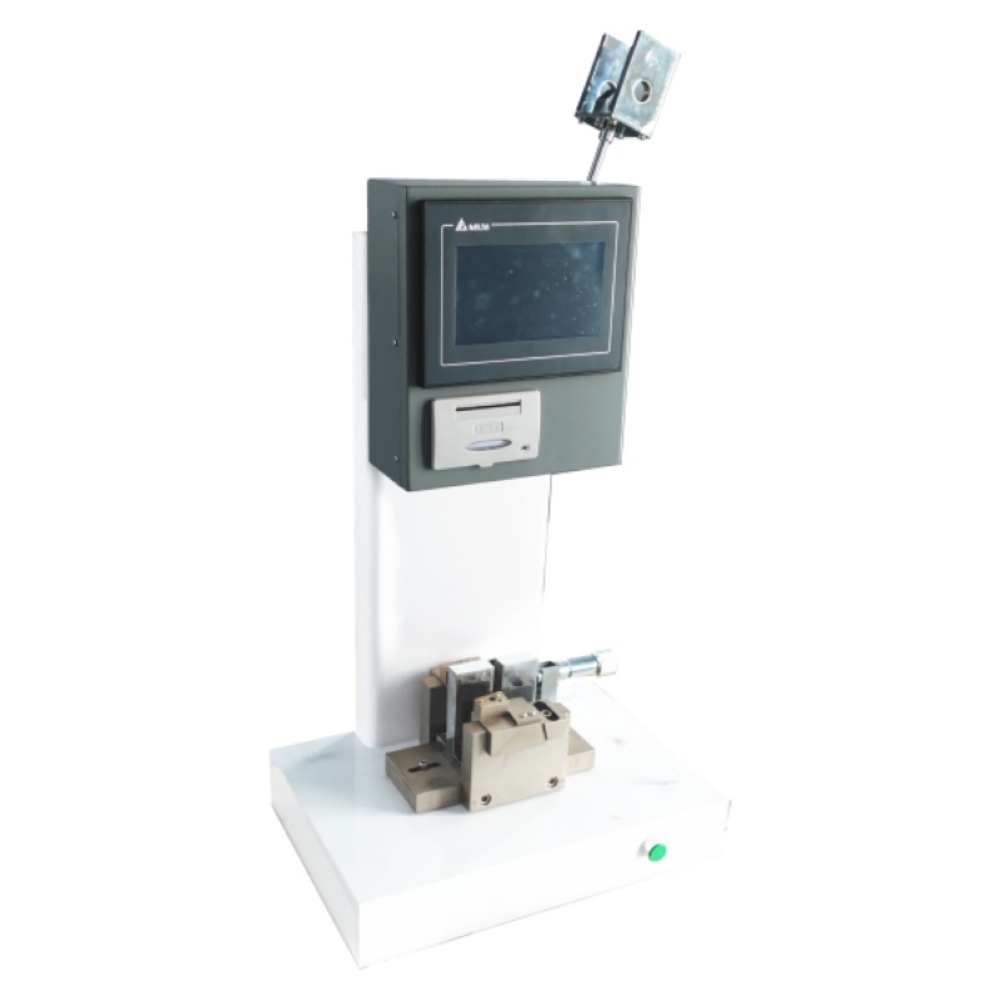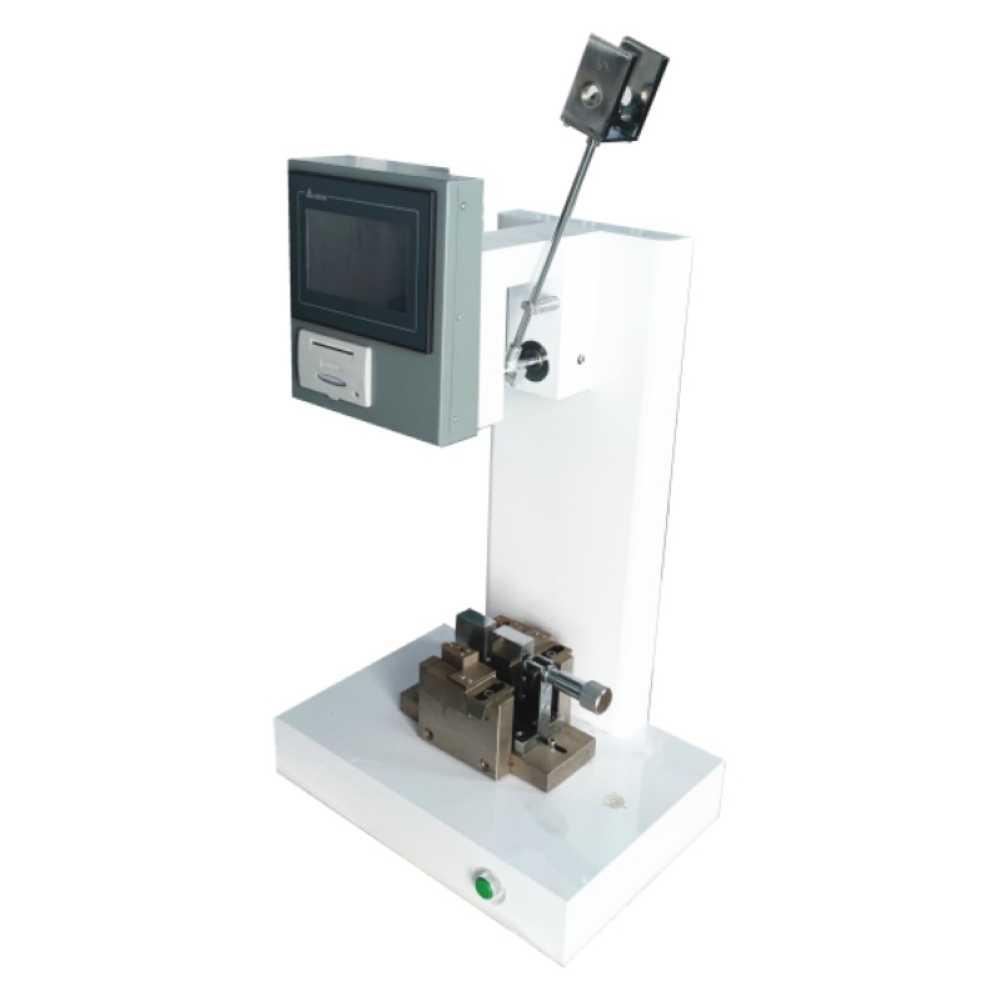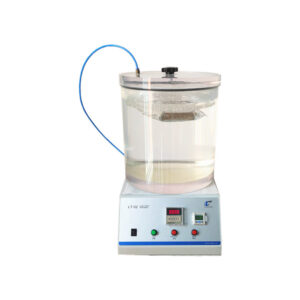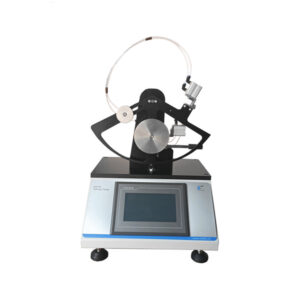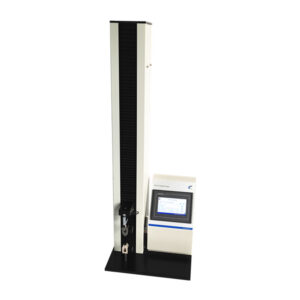Introduction
The CIT-01 Charpy and Izod Impact Tester is an advanced impact testing machine designed to measure the toughness of non-metallic materials like hard plastics, fiberglass, ceramics, cast stone, and electrical insulation materials. Combining Charpy and Izod testing capabilities in one device, it is ideal for industries such as chemical manufacturing, quality inspection, and academic research. This versatile tester adheres to international standards, including ISO 179-1 and ISO 180, ensuring accurate and reliable results.
What is Impact Testing?
Impact testing evaluates a material’s ability to withstand sudden loading or impact forces. It plays a vital role in understanding material toughness and resistance to fracture. Charpy and Izod tests are two widely used methods, each offering unique insights into material behavior.
Understanding Charpy and Izod Impact Testing
- Charpy Impact Test
The Charpy test positions the specimen horizontally, with the notch facing away from the pendulum. The pendulum strikes the center of the specimen, determining the material’s ability to absorb energy before failure. It is commonly used for metals, plastics, and composites. - Izod Impact Test
The Izod test involves a vertically positioned specimen, with the notch facing the pendulum. The upper tip of the sample is struck, measuring the energy absorbed to fracture. This test is ideal for plastics and some metals.
Key Differences
| Feature | Charpy Impact Test | Izod Impact Test |
|---|---|---|
| Materials Tested | Metals, plastics, composites | Plastics, some metals |
| Notch Types | U-notch, V-notch | V-notch only |
| Specimen Position | Horizontal | Vertical |
| Striking Point | Center | Upper tip |
| Specimen Dimensions | 55 × 10 × 10 mm | 64 × 12.7 × 3.2 mm (plastics) or 127 × 11.43 mm (metals) |
Compliance with ISO Standards
- ISO 179-1: Focuses on determining Charpy impact properties of plastics, covering test methods, specimen preparation, and energy calculations.
- ISO 180: Specifies the method for measuring Izod impact properties of plastics, detailing specimen configurations and testing procedures.
These standards provide reliable methodologies to assess material toughness and ensure results are globally comparable.
Features of the CIT-01 Impact Tester
- Combines Charpy and Izod testing in a single device.
- User-friendly PLC control and touch-screen operation.
- Multilingual interface (Chinese and English).
- Stores and calculates data for five samples with average energy computation.
- Robust design for stable and repeatable performance.
Technical Specifications
| Parameter | Charpy Test | Izod Test |
|---|---|---|
| Impact Velocity | 3.8 m/s | 3.5 m/s |
| Impact Energy Options | 7.5, 15, 25, 50 J | 1, 2.75, 5.5, 11, 22 J |
| Striker Tip Angle | 30° ± 1° | 75° ± 1° |
| Span Between Supports | 40, 62, 70, 95 mm | Vice jaw |
| Dimensions | 550 × 350 × 850 mm | Same |
Applications
The CIT-01 is widely used in:
- Packaging materials testing.
- Plastic and composite material research.
- Quality assurance in chemical and industrial sectors.
- Academic research and teaching laboratories.
Why Choose the CIT-01?
- Dual Functionality: Perform both Charpy and Izod tests without needing separate devices.
- Accurate and Reliable: Meets ISO 179-1 and ISO 180 standards for consistent results.
- User-Friendly: Touch-screen interface and multilingual support simplify operations.
- Cost-Effective: Combines two testing methods, saving costs on equipment investment.
Frequently Asked Questions (FAQ)
- What is the CIT-01 primarily used for?
It measures the impact toughness of materials like plastics, fiberglass, and ceramics. - Does it comply with ISO standards?
Yes, the CIT-01 meets ISO 179-1 for Charpy and ISO 180 for Izod testing. - What industries benefit from using this tester?
Industries like packaging, automotive, and quality inspection agencies use it to ensure material performance. - How is the CIT-01 different from other impact testers?
Its dual functionality, user-friendly design, and compliance with international standards make it stand out. - What is the energy range for the Charpy and Izod tests?
The Charpy test ranges from 7.5 to 50 J, while the Izod test ranges from 1 to 22 J.

